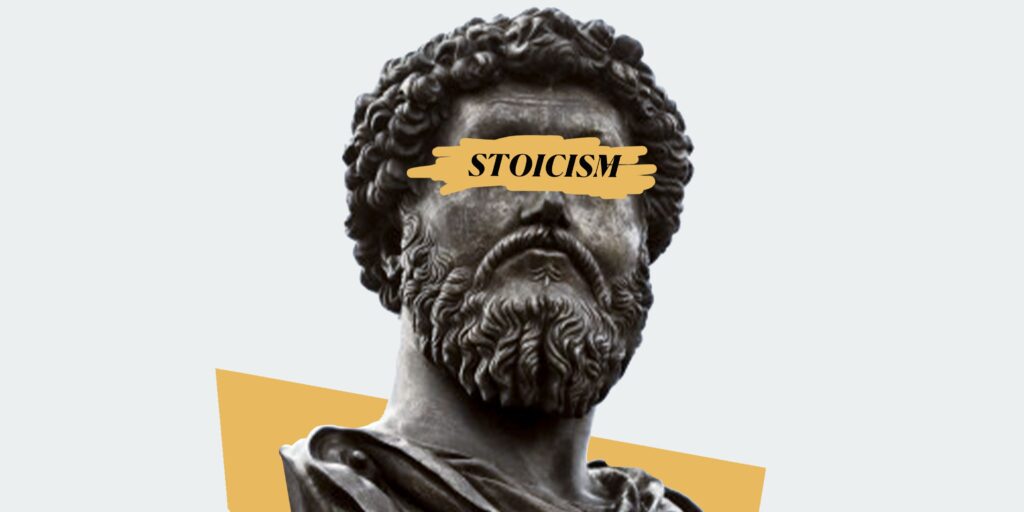Apatheia is a central concept in Stoicism that often causes confusion and misunderstanding. At its core, apatheia refers to the state of being free from negative emotions or passions. This does not mean that Stoics seek to eliminate all emotions, but rather to cultivate a state of equanimity and inner peace. In this article, we will explore the meaning of apatheia in Stoicism and its significance for modern-day life.
What is Stoicism?
Before delving into the concept of apatheia, it is important to understand what Stoicism is. Stoicism is a philosophy that originated in ancient Greece and was founded by the philosopher Zeno of Citium in the 3rd century BCE. The Stoics believed that the goal of human life is to live in accordance with nature and to cultivate virtues such as wisdom, courage, justice, and self-control.
The Meaning of Apatheia
Apatheia is often translated as “apathy,” which implies a lack of emotion or feeling. However, this is a misunderstanding of the concept. Apatheia refers to a state of inner calm and tranquility that is free from negative emotions such as anger, fear, and envy. The Stoics believed that negative emotions arise from our attachment to external things, such as wealth, fame, and status. By detaching ourselves from these things and focusing on our inner selves, we can achieve apatheia and live a more peaceful and fulfilling life.
The Benefits of Apatheia
The benefits of apatheia are numerous. By cultivating a state of inner peace and tranquility, we can free ourselves from the negative emotions that often lead to suffering and pain. We can also become more resilient in the face of adversity, as we are not thrown off course by external events. In addition, it allows us to focus on the things that truly matter in life, such as our relationships with others, our own personal growth, and our contribution to society.
Apatheia in Practice
So how can we cultivate apatheia in our own lives? The Stoics believed that it is a matter of practice and discipline. One of the key practices in Stoicism is negative visualization, which involves imagining the worst-case scenario in a given situation. This helps us prepare for adversity and develop a sense of equanimity in the face of difficulties. Another practice is self-reflection, which involves examining our own thoughts and emotions and questioning their validity. This helps us develop a more rational and balanced perspective on life.
Apatheia and Emotional Intelligence
Apatheia is often misunderstood as a lack of emotion, but in fact, it is a form of emotional intelligence. Emotional intelligence involves being aware of our own emotions and those of others, and being able to regulate our emotions in a healthy and productive way. By cultivating this, we can develop a greater awareness of our own emotions and learn to regulate them in a way that is more conducive to our well-being and the well-being of those around us.
Apatheia and the Modern World
In today’s fast-paced and chaotic world, this concept can seem like a distant ideal. However, it is more relevant than ever. The constant barrage of information and stimuli can be overwhelming, and many of us are struggling with anxiety, stress, and burnout. By cultivating apatheia, we can learn to detach ourselves from the external world and focus on our inner selves. This can help us develop a greater sense of purpose and meaning in life, and can lead to a more fulfilling and satisfying existence.
Conclusion
In conclusion, apatheia is a central concept in Stoicism that refers to the state of being free from negative emotions and passions. It is often misunderstood as a lack of emotion, but in fact, it is a form of emotional intelligence that allows us to develop a greater awareness of our own emotions and regulate them in a healthy and productive way.
By cultivating apatheia, we can free ourselves from the negative emotions that often lead to suffering and pain. We can also become more resilient in the face of adversity, as we learn to detach ourselves from external events and focus on our inner selves. This can help us develop a greater sense of purpose and meaning in life, and can lead to a more fulfilling and satisfying existence.
In a world that is increasingly chaotic and uncertain, this concept is more relevant than ever. It can help us navigate the challenges of modern life and develop a greater sense of inner peace and tranquility. By practicing the Stoic principles of negative visualization and self-reflection, we can cultivate apatheia and live a life that is more in line with our values and aspirations.
In conclusion, this is not about eliminating all emotions, but rather about cultivating a state of inner calm and tranquility that allows us to live a more fulfilling and meaningful life. By embracing the principles of Stoicism and practicing apatheia, we can learn to regulate our emotions in a healthy and productive way, and develop a greater sense of purpose and meaning in life.



